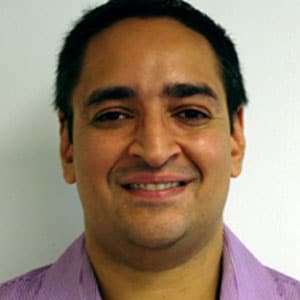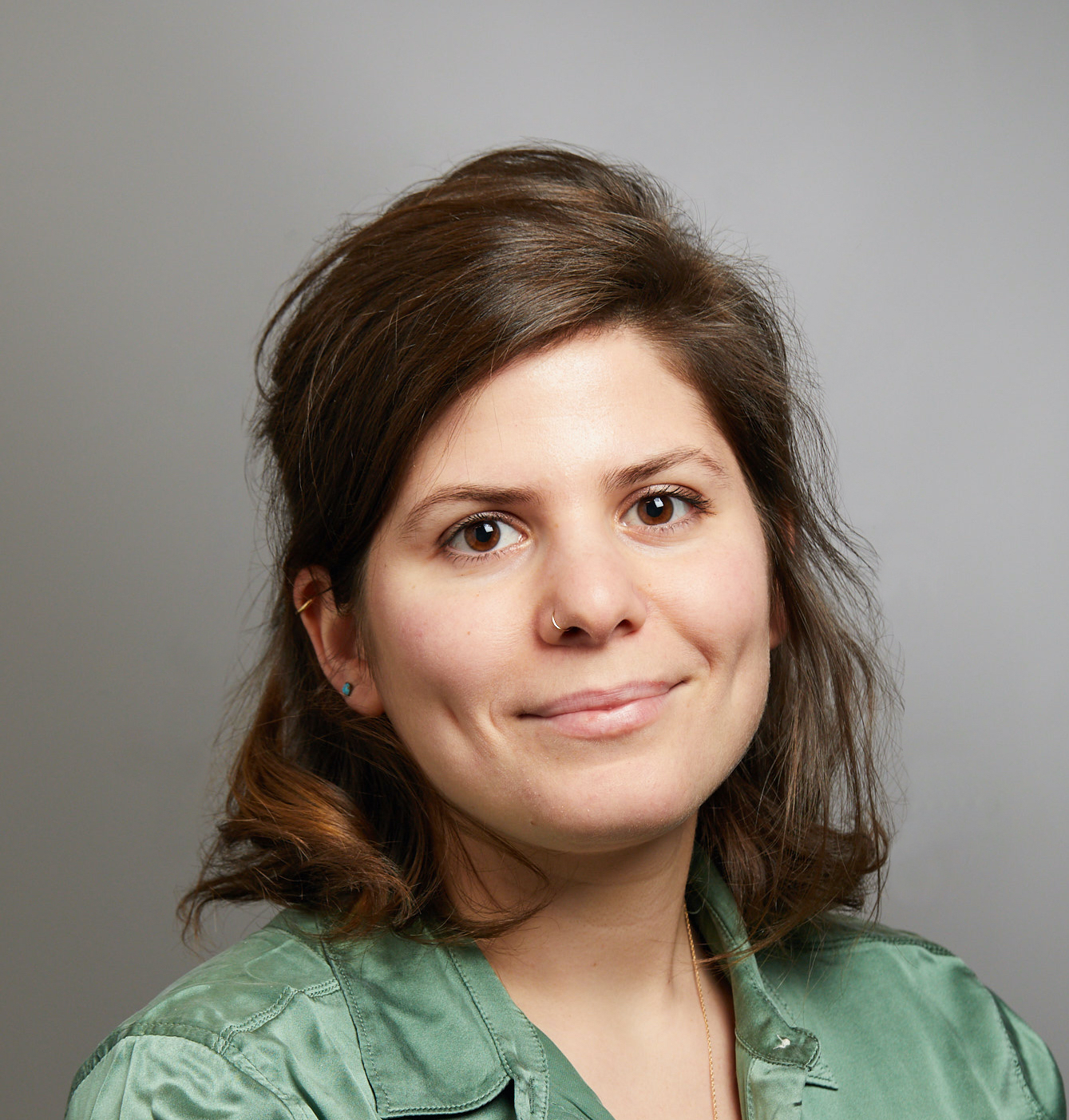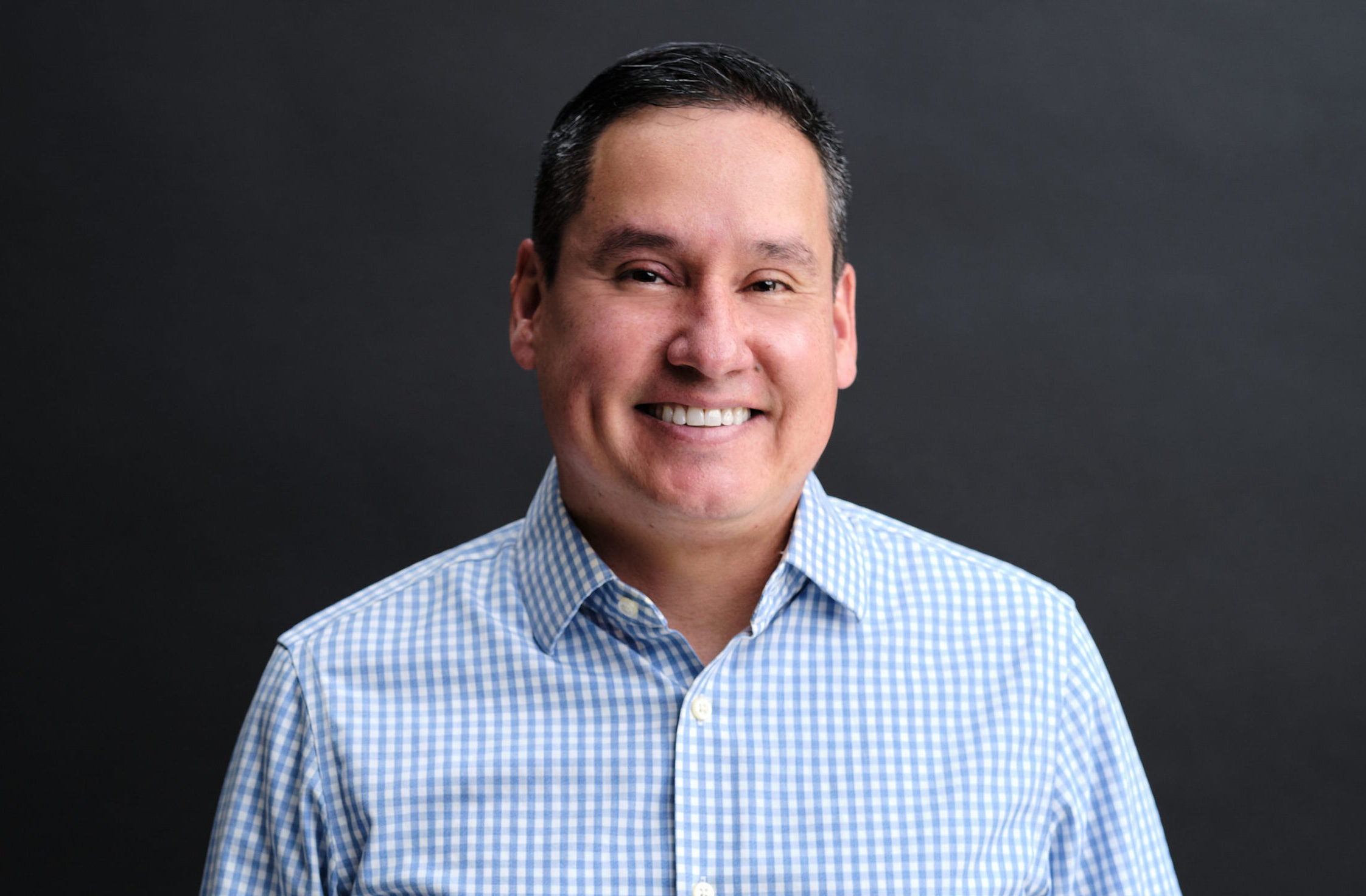Epilepsy is a common complication of many acquired brain injuries such as stroke, brain infections, and traumatic brain injury. However, any one person’s likelihood of acquiring epilepsy after a brain injury is usually low, and there are no tests to help identify which individuals are particularly likely to develop seizures. As a result, research to help prevent acquired epilepsy in patients has been difficult. Furthermore, there are no approved treatments that directly affect the brain processes involved in the development of epilepsy. We will utilize a noninvasive brain stimulation technique, Transcranial Magnetic Stimulation (TMS), in combination with electroencephalography (EEG) to evaluate brain excitability, and thereby the risk of developing epilepsy, in patients with an acquired brain infection called Progressive Multifocal Leukoencephalopathy (PML). We will then assess whether multiple sessions of repetitive TMS can decrease brain excitability in high-risk patients, and thus potentially prevent the development of seizures.









